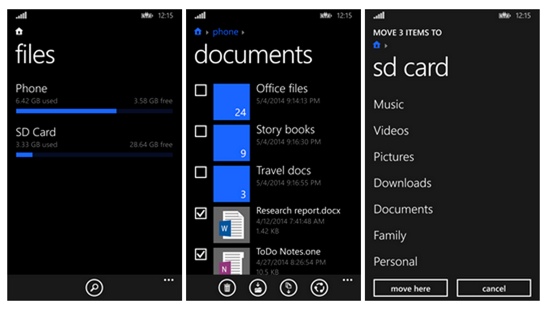 No week would be complete without a little Windows news, and this week was no different. A registry hack emerged that should make it possible to receive updates for the no-longer-supported Windows XP right up until 2019. Microsoft later spoiled the fun by pointing out that it could lead to problems as the updates that would be made available as a result of implementing the hack would not be designed for regular desktop versions of Windows XP.
No week would be complete without a little Windows news, and this week was no different. A registry hack emerged that should make it possible to receive updates for the no-longer-supported Windows XP right up until 2019. Microsoft later spoiled the fun by pointing out that it could lead to problems as the updates that would be made available as a result of implementing the hack would not be designed for regular desktop versions of Windows XP.
Last week we were wondering why it took eBay quite so long to warn users to update their passwords after a security breach earlier in the year. This week we discovered that it was because the company was under the impression that no user data had been accessed. Apple forgot to renew its SSL certificate, and in another Apple-related security story, a hacker managed to take control of iOS and Mac devices, and hold them ransom. To console itself, the company then splashed the cash on Beats Music -- Joe pondered whether this was just another indication of Apple's lack of innovation.
While the development of technology continues apace, all too often it is held back by a lack of investment by government. I argued that governments around the world need to realize the importance of tech to the progress of the world, and invest in it accordingly. We've not heard much about the NSA for a while, but an Edward Snowden interview caused the agency to deny that Snowden tried to voice his concerns about the methods internally before going public about the organization's surveillance activities. Snowden is the enfant terrible of the technology world, but had he been a hacker rather than a whistleblower, he could possibly have taken a leaf out of LulzSec's book and aided the FBI in return for a get-out-of-jail-free card. Online legal issues are rarely cut and dried, and things get more complicated when the likes of Wil Wheaton say they don’t mind if you pirate their TV shows anyway.
Irony struck when security firm Avast fell victim to a hacker, affecting 400,000 user accounts, and a slightly smaller scale hack of Spotify led to a single user's data being accessed. Google is trying to boost the security of Chrome by only permitting the installation of browser extensions via the Chrome Web Store. When the company wasn't concerning itself with security, it was busying itself with driverless cars and launching Chromecast in more countries. The search giant also created a form to allow users to ask to be forgotten in line with an EU ruling.
After the Surface Pro 3 launch, LG's G3 event had a lot to live up to. Brian was there and was, as ever, impressed with what he saw. Alan decided to work exclusively from a Chromebook while Joe celebrated his two year anniversary with Google's laptop.
Good weekends all round. Same time next week etc.
Image Credit: vinz89/Shutterstock


